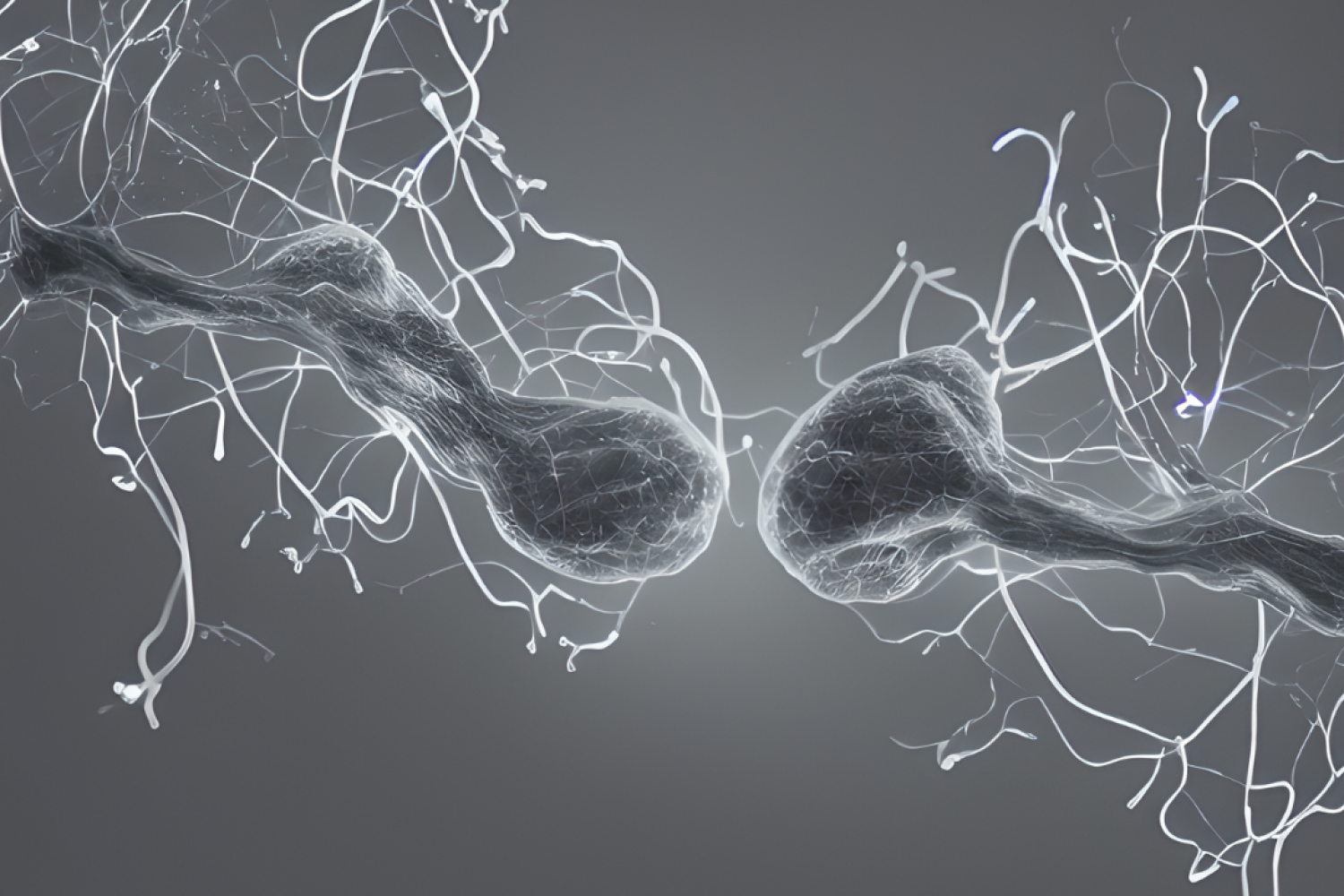- Prompt Hunt Newsletter
- Posts
- AI Art and Copyright Law
AI Art and Copyright Law
Here's your daily briefing:
As if on cue, The Verge did an entire write-up on the note we left off on yesterday: AI and copyright law.

To answer these questions and understand the legal landscape surrounding generative AI, The Verge spoke to a range of experts, including lawyers, analysts, and employees at AI startups. Some said with confidence that these systems were certainly capable of infringing copyright and could face serious legal challenges in the near future. Others suggested, equally confident, that the opposite was true: that everything currently happening in the field of generative AI is legally above board and any lawsuits are doomed to fail.
Here's a cool demo video of yet another feature added to RunwayML's suite of tools:
Introducing new audio and text AI Magic Tools
Generate subtitles and transcripts automatically. Remove noise and silence from your videos. All with just one click.
Get started now: bit.ly/3Gp00FB
— Runway (@runwayml)
1:59 PM • Nov 16, 2022
Interesting essay from Stanford HAI about why AI moderators do well on technical tests but less so with real-world, human interactions:
Gordon says AI models, which must ultimately make a single decision, will never assess hate speech or cyberbullying to everybody’s satisfaction. There will always be vehement disagreement. Giving human annotators more precise definitions of hate speech may not solve the problem either, because people end up suppressing their real views in order to provide the “right” answer.
This video of an AI-powered "synesthesia" tool is pretty rad:
We collaborated with Teenage Engineering to create a tool that translates music into real-time AI generated imagery. Together with @BureauCool, we connected the OP–Z to @StableDiffusion
@jugendingenieur#teenageengineering#stablediffusion
— MODEM (@modem_works)
6:31 PM • Nov 15, 2022
Today in "this person does not exist":
The person in this video is not a real human...
She was created by start-up Pantheon Lab. The progress made over the last 2 years is amazing: natural face, voice and lipsync using AI. This opens up opportunities in healthcare, services
#innovation#artificialintelligence#tech
— Pascal Bornet (@pascal_bornet)
6:45 AM • Nov 16, 2022
19 year old "science luvr" Tanishq Abraham attempts to explain how diffusion models work in less tweets than years he's been alive:
I will attempt to explain the basic idea of how diffusion models work!
... in only 15 tweets! 😲
Let's get started ↓
— Tanishq Mathew Abraham (@iScienceLuvr)
12:39 PM • Nov 16, 2022
And if you still don't get it:
If you want to explore this further, check out the @fastdotai lectures where Jeremy Howard explores this in a little more detail than a Twitter thread 😅
fast.ai/posts/part2-20…— Tanishq Mathew Abraham (@iScienceLuvr)
12:40 PM • Nov 16, 2022
In another example of the complementary relationship between cognitive science and artificial intelligence, the gigabrains 🧠 at MIT have solved a differential equation behind neuronal interaction that has implications for AI algorithms:
Now, the same team of scientists has discovered a way to alleviate this bottleneck by solving the differential equation behind the interaction of two neurons through synapses to unlock a new type of fast and efficient artificial intelligence algorithms. These modes have the same characteristics of liquid neural nets — flexible, causal, robust, and explainable — but are orders of magnitude faster, and scalable. This type of neural net could therefore be used for any task that involves getting insight into data over time, as they’re compact and adaptable even after training — while many traditional models are fixed.
If you too are a gigabrain and want to check out the academic paper laying out the research:
Robert Dam recorded everything he said for 24 hours and used AI to "process" it and wrote about the experience:
His preliminary conclusions:
I’m a little less paranoid if everything I say is recorded:In my tests, using the cell phone and letting it record audio at the distance where it would normally be, the accuracy with which it is transcribed is quite mediocre - according to the distance - I would say that it is around 50% or less accurate, that would still allow me to eventually capture if I am talking about a brand to advertise, but not enough to do something precise or complex, I do not leave aside that those who can have access to the audio of the phones already have AI models that improve quality but my tests give me a bit more peace of mind in that regard, it’s not as easy as it seemed to record 24x7 and get something out accurately enough to do something important.
In addition to the audio, the context is needed:Reading the result of the transcripts, without the proper context (time, location, who I am talking to, the previous context of what was said) is very limiting
The potential to get this right is immense, both positive and negative:POSITIVEPerfect Memory : Something magical is basically being able to perfectly “relive” everything I did that day, from trivial conversations and knowing their context, something that is lost in the ether today can remain available now.
Personal Psychologist/Coach : Recording everything that came out of our mouths, every interaction we had, and analyzing that can give us a vision perhaps impossible until now to have, a psychologist/coach in real time who accompanies us to everywhere.
A virtual clone : Imagine training a GPT3 with everything you said in the last year?, and making it, under certain parameters, answer your messages, or manage your agenda.
NEGATIVESExactly the same points, but in the hands of someone other than us.

And now, for some of the coolest generative art we came across today:
gm twitter fam #aiia#aiart
— pharmapsychotic (@pharmapsychotic)
2:56 PM • Nov 16, 2022
Treeman
#stablediffusion#AIArt
— 𝙴𝚞𝚐𝚎𝚗𝚎 𝙲𝚑𝚎𝚔𝚑𝚘𝚟 (@ChekhovEugene)
4:13 PM • Nov 16, 2022
favorite nature scene 2
#midjourney#aiartcommunity#自然
#AIart#nature#morning#sunlight— バジルペッパー・オレンジ (@Basil_Pepper)
4:03 PM • Nov 16, 2022
Stop everything you're doing and just use "plasticine" in your prompts lol.
New #goblin model coming.
#StableDiffuson#Dreambooth#AI
— Emm (@emmanuel_2m)
3:47 PM • Nov 15, 2022
This thing is addictive as hell.
— Emm (@emmanuel_2m)
5:57 PM • Nov 15, 2022

/cdn.vox-cdn.com/uploads/chorus_asset/file/24175864/226390_AI_Generated_Art_Copyright_MMatic_001.jpg)



